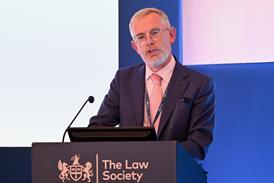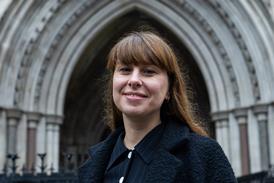
Animal Welfare Japan
The Animal Welfare Japan (AWJ) was created in 1956 to raise public awareness and funding to ensure pioneering animal welfare activities in Japan were continued and improved. Thanks to AWJ funding, a lot has been achieved in alleviating animal suffering in Japan over the past 60 years. However, despite the introduction of new animal welfare legislation, there is still much work to be done.

Ash Rescue Centre
Ash Rescue Centre is a Devon based charity that adopts a One Welfare approach to its work with animals, nature and people; a concept that recognises the link between animal welfare, human welfare and environmental conservation. Our 100+ acre conservation site provides a lifetime home to rescued elderly horses, who take their place as conservation grazers in the wildflower meadows and species rich grasslands that have been reintroduced to the site as part of the project.

Barn Owl Trust
The Barn Owl Trust is a small national charity tucked away in South Devon that has been doing big things to conserve and protect not only the Barn Owl, but also the wider conservation and environmental issues that surround this beautiful bird. Anyone who has ever watched a Barn Owl hunting at dusk has surely been touched by the experience, but in recent years numbers of these beautiful birds have been declining due to environmental and man-made pressures.

Battersea Dogs and Cats Home
Battersea is here for every dog and cat, and has been since 1860. Over more than 160 years, we’ve gone from one home in London to three rescue and rehoming centres across the country and have cared for over three million vulnerable animals. We take in every animal who needs us, regardless of their age, breed or medical condition and without any judgement.

Bees for Development
For over 30 years the UK charity Bees for Development has been using beekeeping to combat poverty, benefit biodiversity, and build resilient livelihoods for some of the world's poorest people. We provide skills and training to people living in poverty, to become successful beekeepers. This in turn encourages people to protect natural habitats, restore degraded landscapes, and mitigate climate change.

Beneath the Wood Sanctuary
Beneath the Wood is an award-winning farm and domestic animal sanctuary in Wales, caring for around 135 animals, mostly large commercial breed pigs but also sheep, dogs, cats and horses. We provide a safe haven for the most vulnerable of animals, giving them permanent sanctuary for life. We also campaign for a cruelty-free world and are a no-kill sanctuary.

Bransby Horses - Rescue and Welfare
Limpopo was rescued from one of the worst cruelty cases Bransby Horses has ever seen. It took 18 months of rehabilitation and patience to restore her back to full health. Today, Limpopo is living a happy life in a new home. Without the support of people like you, Bransby Horses simply could not have saved Limpopo, plus many more every year.

British Chelonia Group (BCG), The
The BCG is a charity working entirely with volunteers. The Group’s objectives are for the benefit of the public to promote the conservation, welfare and care in general and to assist in the prevention of cruelty and suffering among tortoises, terrapins, marine and freshwater turtles, both in the wild and in captivity and to educate the public in these matters.

Cat Action Trust
Cat Action Trust was established in 1975, as the UK pioneer in promoting the welfare of feral cats. We were from the outset committed to caring not culling and were among the first to use the humane trap, neuter, return (TNR) method of managing feral cat colonies. Over the years we have broadened our voluntary work to include assisting lost, homeless or abandoned domestic cats.

Cat Action Trust 1977
The policy of Cat Action Trust 1977 is to help feral cats by limiting their numbers through neutering and returning to site, by providing veterinary care where necessary, and by finding homes for kittens and tame stray cats. The charity is totally against killing for expediency. CAT 1977 also helps to educate the public and other animal welfare organisations about the humane control and care of the feral cat population through its website, newsletters and leaflets.






















